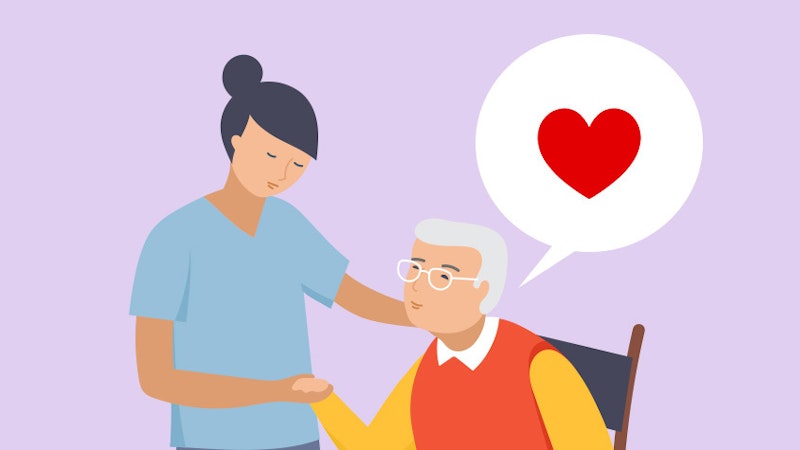
The mental health and well-being of elderly individuals are paramount to ensuring a high quality of life. In the United Kingdom, the population age is increasing and there is a growing emphasis on providing holistic care that addresses not only physical health but also mental and emotional well-being. Here are a few ways to help improve mental health that we recommend.
Creating a Supportive Environment
A safe space that encourages social interactions, sharing and storytelling can be an amazing way to help people open up about themselves. Intentionally recalling positive memories has been found to fight against anxiety and depression along with other mental health benefits.
Social isolation can contribute to mental health issues in the elderly. To counteract this, social encounters should be encouraged and enabled. This could include group outings, game nights, book clubs, and other group activities that foster a sense of community. Having social outlets can also reduce pressure on the caregiver and relieve symptoms of caregiver stress.
Interests and stimulation
Preserving outlets of creativity and hobbies that the elderly enjoy should be a top priority. Whether it's arts and crafts, music, gardening, or reminiscence therapy, tailoring activities to individual preferences enhances engagement and overall happiness. If the hobby is no longer viable due to movement or cognitive decline, you can still engage in stimulation programs including puzzles, brain games, and educational activities. Regular mental exercises can contribute to cognitive health and emotional resilience.
Technology
Modern technology can play a significant role in promoting mental health. Video calls with family members, virtual reality experiences, and access to digital content can provide a sense of connection and mental stimulation. There are many classes aimed at helping elderly people become more connected and teaching them computer and internet skills.
It is always worth exploring online communities, especially if you live in more remote locations or have mobility difficulties.
Health Assessments
Conducting regular mental health assessments can help identify potential issues early on. Infections, illness and lack of good nutrition can have a very negative effect on mental health and sometimes cognitive ability. The connection between physical and mental health is well-established. Providing nutritious meals, encouraging regular physical activity, and addressing any health concerns promptly contribute to overall well-being.
Family and care
Involving family members in the care process is beneficial. Regular communication, family meetings, and collaborative care planning ensure that everyone is on the same page regarding the individuals mental health needs and overall care. If you have chosen to involve a home care professional, they should also be involved and can help plan ways to include your loved one in activities and family outings safely or provide extra support.
Open conversations about mental health help reduce stigma. Creating an environment where people feel comfortable discussing their feelings and experiences contributes to a culture of understanding and support. By fostering a supportive environment, encouraging socialisation, and incorporating personalised activities, families can significantly enhance the mental well-being of elderly individuals.
If you are worried about a loved one, you may consider contacting a local care provider for support. Along with home care, they can often offer friendship, socialisation and peace of mind. Take a look at our guide to different types of care for more information.
